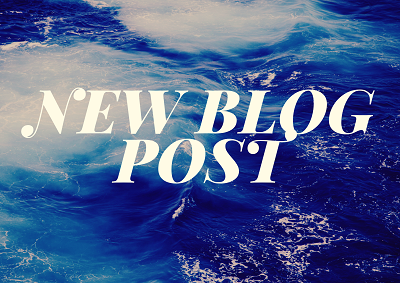
In this industry spotlight, we want to highlight key insights on the relationship between interest rates and business values.
As part of the holistic approach to protect our country and our country’s economy when the Covid-19 Pandemic struck, the Federal Reserve did its part by going into the market place and buying up bonds. They also signaled this will be a time when they will lock in interest rates, rather than having the market set rates on supply and demand. This was herculean! As affected as our economy was initially and continues to be from this problem, the economy has not faltered. Now, as we see the light at the end of the pandemic tunnel, the Fed is alerting us that these self imposed restraints will be eased. The question is, how does this affect you?
Since most privately owned business owners have between 75% and 90% of their total personal net worth tied up in their business value, how does a change in interest rates affect this value? In short, as interest rates increase predictable values decrease. I use the phrase “predictable values” as these are values that we as appraisers estimate. No one can ever tell exactly what the value of a business is until you expose it for sale. There are cases where businesses sell for less than as well as more than the appraised value. These are generally market conditions or subjective issues the appraiser didn’t comprehend.
The reason for this change is simple math (of course, me using this phrase is tongue in cheek, there is no simple math… only simple mathematicians). There are 3 numbers you need to know to comprehend this phenomenon:
- Earnings. We define earnings as Earnings Before Interest, Taxes, Depreciation and Amortization (referred to as EBITDA). When the real estate that is used in the business is also owned by the business owner, we use EBITDA plus Rents (aka EBITDAR).
- Capitalization Rate. The Capitalization Rate (“Cap Rate”) is the risk that someone buying this business is undertakings. Not all funeral homes have the same Cap Rate. The business size, method of marketing, amount of preneed, whether the owner is selling during their lifetime, the size of the market, the community the funeral home serves and other factors go into the Cap Rate.
- Cost of Interest. The Prime Rate (the rate that preferred borrowers are charged from their lenders) today (INSERT DATE OF SUBMISSION) is 3.5%. A change in the Prime Rate changes the math.
Imagine, the business has $300,000 of EBITDAR. Now, assume the Appraiser establishes the Cap Rate for this business is 20%. That essentially means the business is selling for 5 times earnings (20% divided into 1=5). So the business and real estate is worth $1,500,000. If the bank is looking to offer 15 year amortization at Prime plus 1.5% (a total of 5.0%), a buyer would have a payment of $144,513. Their Debt Coverage (DCX) would be slightly higher than 2.0.
Assume all things are equal except for the interest rate for borrowing. With relaxed interest rates suppose the prime rate goes up to 5.5%, so the rate to borrow is now 7.0%. That tells me that the buyer of this business will be paying out almost $165,000 or a about $20,0000 a year more! For a buyer to get the same return on their invested capital, they would probably want to pay about $1,320,000 for this business. That decline of about $180,000 is almost a 12% decline in value while interest rates went up 40%.
We see the same thing happening in the residential real estate market place. It is not unusual. However, if you are in your mid-60’s and have been waiting for several years to sell, this is bad timing.
How do you correct this? Well, it takes Foresight!